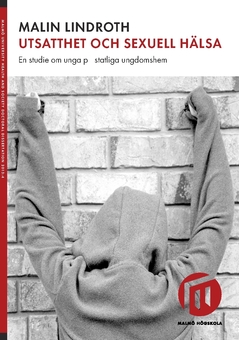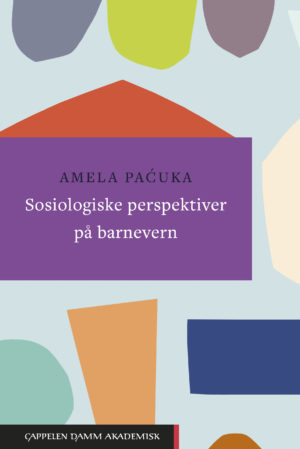English abstract
The dissertation concems youths in detention at residential group homes, their sexuality in general, their sexual health in particular. and their sex education. According to Swedish law, sex education is required in the Swedish public school system.The education must be perceived as relevant by youths and promotion rather than preventive-focused. Despite this legislative measure, Swedish research data on this youth population are scarce; available international research shows that youths in detention have poor sexual heal th. The aim is thus to gain knowledge about the sexual health among youths in detention at residential group homes, and to develop and present a sex education curriculum targeted to their special needs. A survey followed by an interview study seeks to assess knowledge of sexual health among these adolescents (papers I-III). Exposure to untoward sexual behaviors alongside sexual risk taking is found, concomitant to apportunities for these youths to experience healthy sexual encounters that may outweigh the risks. Furthermore, this group of detained adolescents are more risk taking and exposed to negative sexual experiences compared to their non-detained same aged peers. In focus group interviews, the sex education curriculum is presented to the detainees (paper IV). They consider the information relevant and share advice of how to furtherad just the material to thei r needs. The data are discussed from the perspective of social psychology, and the rationale behind the youths' risk taking is explored. The study pennits the voices of the youths be heard; it presents a nuanced portrait of the camplexity behind their sexual risk taking and elucidates the pereceived advantages of unsafe sex. The results are of i nterest to researchers and clinicians in areas of sociaJ work where specialized knowledge of socially disadvantaged youth and sexual health has been lacking.







